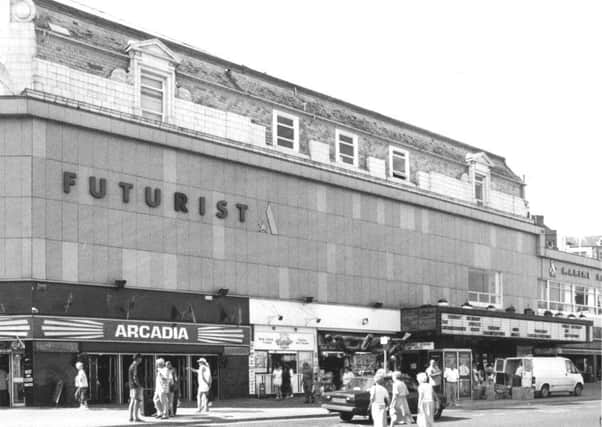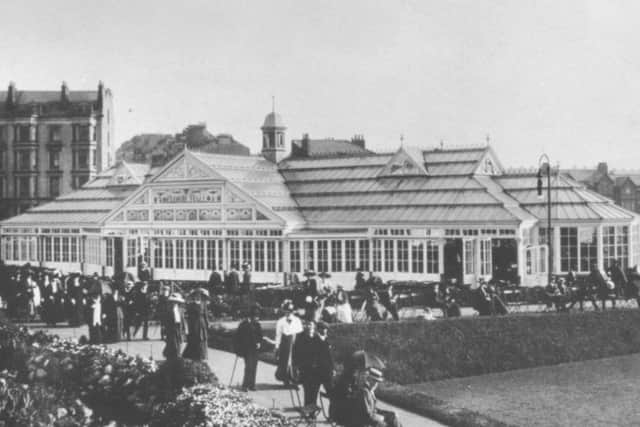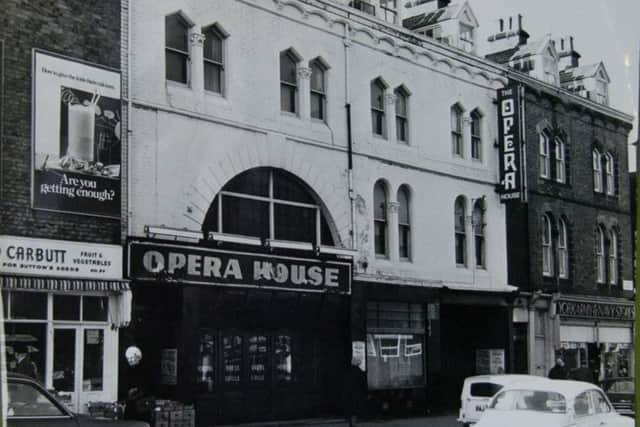Opinion: How we have lost such wonderful inheritance


In my management ‘heyday’ I regularly promoted anything from 10 to 15 summer shows per season around Britain’s major resorts, and with several productions playing lengthy seasons of anything between 18 and 24 weeks.
Possibly an even more incredulous fact lies in the knowledge that most of these summer shows, or spectaculars as they came to be referred to, performed with the same cast over the entire run, staging anything up to eight performances per week and with, quite often, five changes of programme. Wonderful for the fortnightly holidaymaker but a nightmare for the cast who had to present five very different acts.
Advertisement
Hide AdAdvertisement
Hide AdMy personal association with Scarborough stretches back over many years, having presented shows at the Spa, Futurist and, for six years, at the Opera House during the Don Robinson era.


Over this period alone I have witnessed the disappearance of The Floral Hall, The Opera House and now the Futurist.
Sad to say that in most cases the disappearance of a theatre usually results in the arrival of either a block of flats or a car park, very rarely a replacement venue and, in the rare cases where a replacement has occurred, it is more often than not a very much smaller building with little or no atmosphere, falling well short of its predecessor and totally non-viable size wise.
And so who is to blame? Is it years of lack of investment in the fabric of these older buildings? Is it the current cost of staging these ever more expensive productions with stars’ wages and the ever more demanding technical requirements?
Advertisement
Hide AdAdvertisement
Hide AdIs it the rapid rise in the availability of cheap ‘sun chasing’ holidays abroad, or is it simply that so many entertainment venues are council owned and presided over by the ‘entertainments committee’ who are, in a theatrical sense, no more than a bunch of amateurs, each with their own agenda in deciding the fate of their particular venue. In consequence it is quite possible to collate together a list of incredible council decision making over the years such as the £14 million cost of building Plymouth’s 1,300 seat Theatre Royal in favour of saving the wonderful 1,300 seat Palace Theatre which still stands to this day derelict and abandoned and only a few hundred yards from its expensive neighbour.


The trick here appears to be to spend so long in discussing, or more often not discussing a particular building’s fate that by the time any decision is arrived at the venue has reached such a dilapidated state of repair as to leave no other option other than to demolish!
Sadly, for whatever may be the main cause, the ultimate tragedy is, and has been for many years, the loss of so many iconic theatres that, with a little more care and foresight, would still be with us today.
Once gone, always forgotten. Pity!